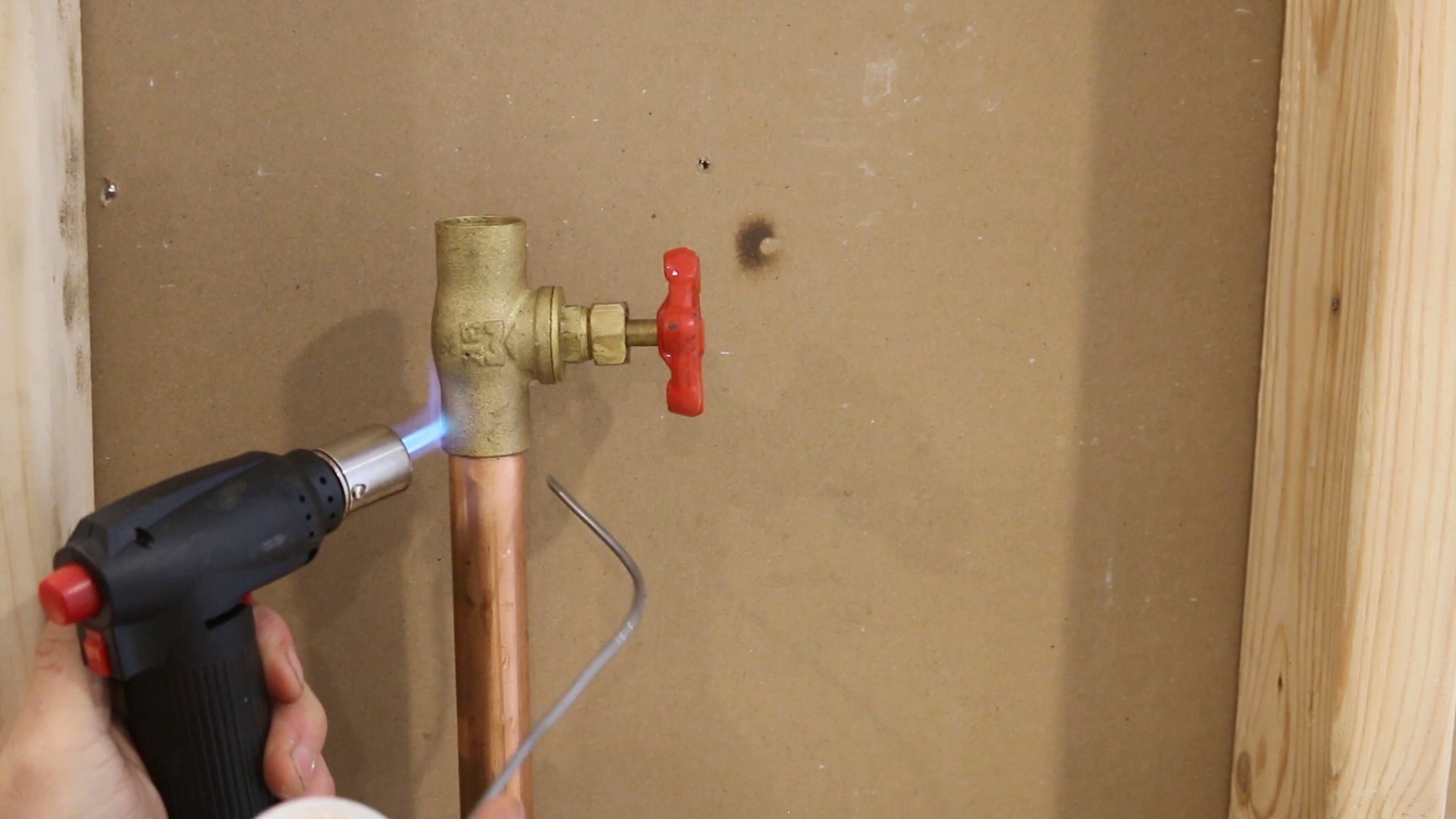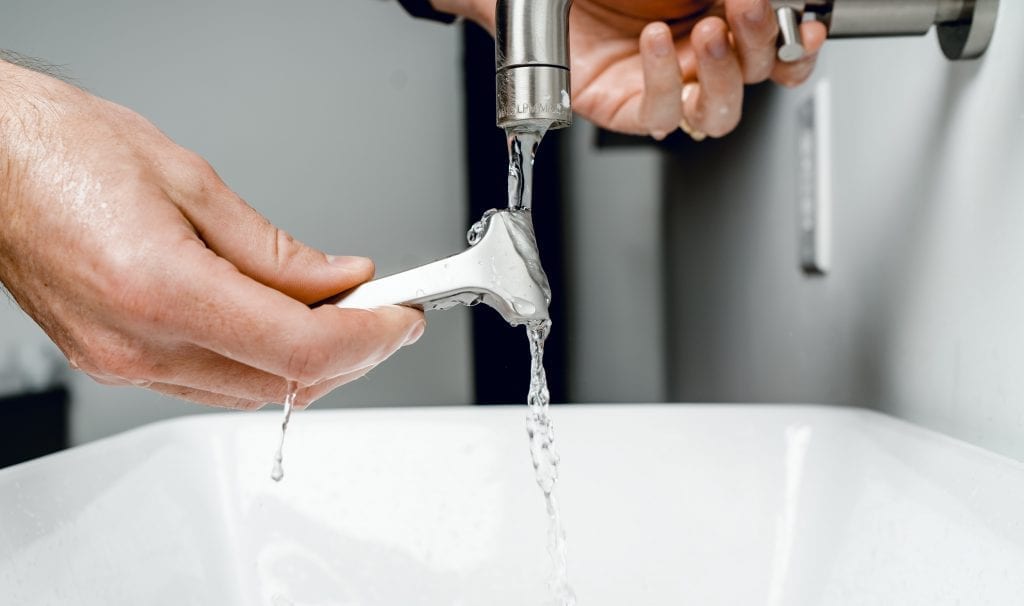Prevent Pipe Bursts in Cold Weather: 5 Effective Winterizing Hacks
Prevent Pipe Bursts in Cold Weather: 5 Effective Winterizing Hacks
Blog Article
Just about every person seems to have their unique idea about How to Prevent Frozen Pipes.

All property owners that reside in temperate environments must do their ideal to winterize their pipes. It is something you have to do during fall prior to deep wintertime really starts. Failure to do so can mean disaster like frozen, fractured, or burst pipelines. Here are some helpful winterizing hacks to keep your plumbing system secured even if the weather condition outside is terrible.
Attempt a Hair Dryer or Warm Weapon
When your pipes are nearly freezing, your dependable hair dryer or heat weapon is a blessing. If the hot towels do not assist displace any working out ice in your pipelines, bowling hot air directly right into them might help. Nevertheless, do not use other items that generate straight flames like a blow torch. This can result in a larger calamity that you can not regulate. You might wind up damaging your pipes while trying to thaw the ice. And also in the future, you might also end up burning your house. So beware!
Open Up Closet Doors Hiding Plumbing
It would be helpful to open closet doors that are masking your pipelines when it's cool outside. They might be somewhere in your kitchen area or restroom. This will permit the warm air from your heater to circulate there. Therefore, you protect against these subjected pipes from freezing. Doing this tiny method can maintain your pipelines warm and limit the potentially unsafe end results of freezing temperature levels.
Require Time to Cover Exposed Pipeline
One easy and great hack to warm up freezing pipelines is to cover them with warm towels. You can additionally utilize pre-soaked towels in hot water, just don't neglect to wear safety handwear covers to secure your hands from the heat.
Turn On the Faucets
When the temperature drops and also it seems as if the cold temperature level will last, it will aid to activate your water both inside your home and also outdoors. This will maintain the water streaming via your plumbing systems. Furthermore, the movement will reduce the freezing procedure. Significantly, there's no demand to turn it on full force. You'll wind up squandering gallons of water this way. Rather, aim for regarding 5 drops per minute.
Shut Off Water When Pipes are Frozen
Switch off the main water valve right away if you discover that your pipes are completely frozen or practically nearing that phase. You will usually discover this in your basement or utility room near the heating unit or the front wall surface closest to the street. Transform it off right away to stop more damages.
With even more water, even more ice will stack up, which will eventually lead to break pipelines. If you are uncertain about the state of your pipelines this wintertime, it is best to call an expert plumber for an evaluation.
All homeowners that live in warm climates have to do their finest to winterize their pipes. Failure to do so can lead to catastrophe like icy, split, or burst pipelines. If the hot towels do not aid displace any type of settling ice in your pipelines, bowling hot air straight into them might assist. Turn off the major water valve immediately if you observe that your pipes are entirely frozen or virtually nearing that phase. With more water, even more ice will stack up, which will eventually lead to rupture pipes.
PREVENT YOUR PIPES FROM FREEZING THIS WINTER
A Leading Cause of Property Damage
When the weather is taking a deep nose dive into the cold dreary days, the risk of your pipes freezing and potentially bursting skyrockets. Unfortunately, during these cold dreary months, burst pipes are the most common denominator for property damage. The pipes that are most at the risk are those that are in areas where it is most cold in your home. For instance, pipes located in interior places such as basements, attics, and your garage. Unfortunately, that doesn’t mean that the pipes running through your cabinets or exterior walls can’t freeze. Good news, however, is that you can do things to help prevent pipes from freezing.
How to Prevent Pipes From Freezing
Once the temperature starts to drop during the winter, you should be taking the proper measures needed to ensure that your pipes stay warm and that there is circulation of water through them. Some steps that experts may recommend could go against your better judgement when it comes to saving water and heat. However, it would go without saying that when expenses are compared, damaged pipes could put a bigger dent in your wallet than a water bill.
What Can I Do?
Keep your garage door closed. This is very important, especially if you have water supply lines running through your garage. Open your kitchen and bathroom cabinets to allow warm air to circulate through them. Allow air circulation throughout your home. Keeping the interior doors open will once again allow the warm air to circulate inside your home. Ensure your thermostat is running the same temperature throughout the night and day. If you plan to be away from home during the cold months, set your temperature no lower than 55° F. This should provide enough heat to keep the pipes warm and prevent any remaining water inside the pipes from freezing. For more of a long-term solution, add insulation to attics, basement, and other crawl spaces around your home. By allowing your faucet to drip, it will alleviate pressure in the system. This is important because the pressure that is created between the blockage and the faucet can potentially cause the pipes to burst. Allowing the faucet to drip will prevent the pressure from building up, therefore keeping the pipes from bursting. Seal any cracks, openings, and crawl spaces around your home to prevent cold air from coming inside. This keeps your pipes-not to mention your home-warmer and less susceptible to issues caused by freezing temperatures. For the pipes in your home that are easily accessible, applying electrical tape to them might prevent them from freezing over. This is a quick fix, as you can apply the tape directly to the pipe. There are two options for heating tapes. One turns on and off by itself when it senses heat is needed. The other type of heating tape needs to be applied when heat is needed and removed when not necessary. If you have exposed pipes in your home, you can check this website to take a look at a few options that would be available at a shop near you.

As an avid reader about How to stop pipes from freezing during the winter, I assumed sharing that piece of content was really helpful. Sharing is good. Helping others is fun. Thank you for taking the time to read it.
Schedule Appointment Now Report this page